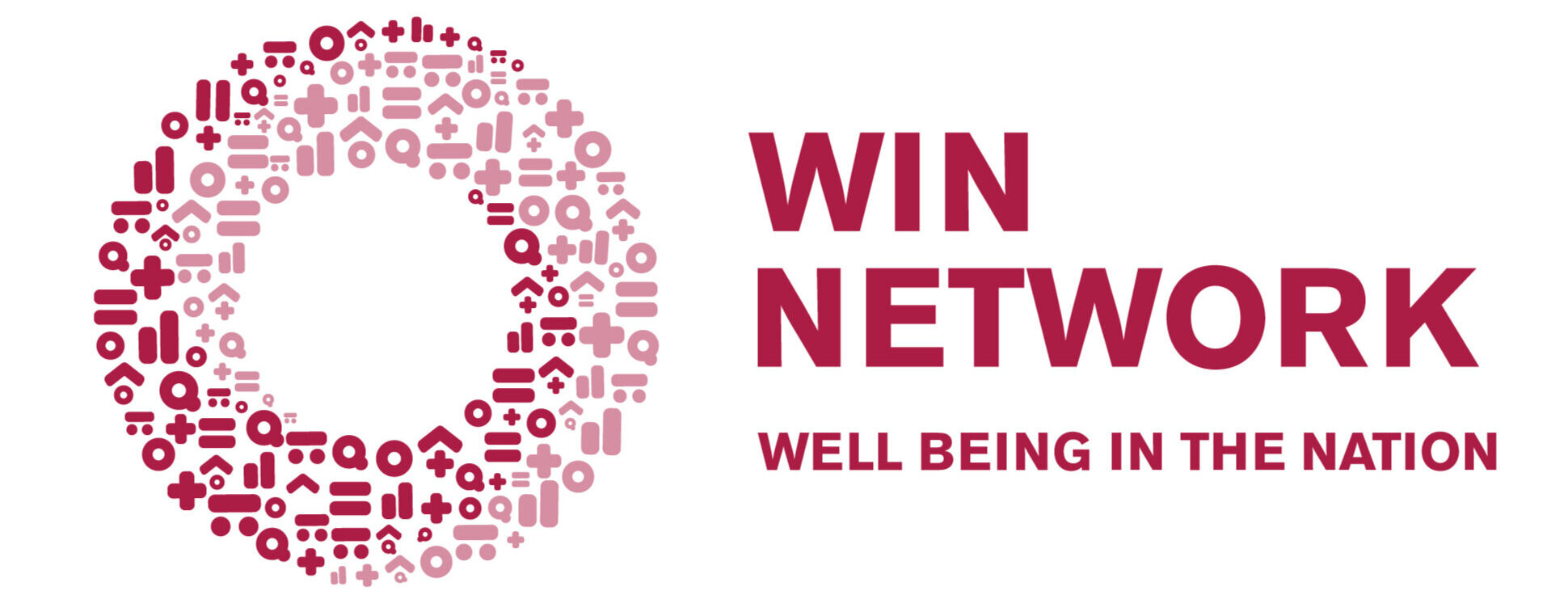➖
Meaningful Work and Wealth is about having work that pays a living wage and provides a sense of meaning and purpose. Meaningful work supports growth and innovation in the personal and professional lives of employees. The advantages extend beyond the individual to other stakeholders to create vibrant and interdependent communities.
Meaningful Work & Wealth
WIN WITH BUSINESS BRIEF
While this brief focuses on meaningful work and wealth, it is related to other vital conditions such as reliable transportation, and basic needs for health and safety. We also apply a racial justice and equity lens across all the vital conditions.
CASE STUDIES
Unilever, Ben and Jerry’s, and Greyston Bakery: A Supply Chain with a Purpose
The case of Greyston Bakery, Ben and Jerry’s, and Unilever is an example of a successful business supply chain doing this work.
The Greyston story begins in a bakery of a Zen monastery in upstate New York. Following the Buddhist principle of non-judgment, Greyston hired from the local neighborhood without asking any questions about applicants’ backgrounds.
This “Open Hiring™” model gives people who often face significant barriers to employment a fair chance to work.
Since its founding, Ben and Jerry’s has focused on equitable approaches to improve the well-being of people and places.
They recently made the news with one of the most direct, thorough, and actionable statements on racism to date. It acknowledges the roots of racism in our country and calls out the “urgent need to take concrete steps to dismantle White supremacy in all its forms.”
When Unilever bought the company in 2000, Ben and Jerry’s kept its social mission.
In response to the COVID-19 pandemic, the company’s CEO, Allen Jope, promised to protect their most vulnerable workers from sudden drops in pay. In his words “this includes those men and women who work to keep our facilities secure, our premises clean, or who run our cafeterias ... even if they are not directly on Unilever’s payroll.”
Nehemiah Manufacturing
The Nehemiah Manufacturing Company in Cincinnati, Ohio was founded in 2009 with the mission to “build brands, create jobs, and change lives.”
Led by seasoned executives who specialize in turning around and producing branded products that need help, Nehemiah focused on both community development and job creation in at-risk neighborhoods.
They partnered with the city of Cincinnati, community leaders and social service groups to select a neighborhood close to people who needed jobs and hope. They chose the West End/Over the Rhine region of Cincinnati, an area surrounded by high unemployment and few entry-level job opportunities.
Nehemiah learned that chronic unemployment was part of structural and systemic inequities in people’s lives. So, Nehemiah recruited team members with a prison record or history of drug and alcohol use.
They created a strategic goal to recruit and retain the majority of their employees as “second chance” team members. They filled all but 10 of Nehemiah’s 179 positions with second chance employees.
Much of Nehemiah’s approach to employment is about restoring dignity, hope, and well-being to people who need a second chance. With a 90% retention rate, they believe they have one of the hardest working and most loyal workforces in the country.




